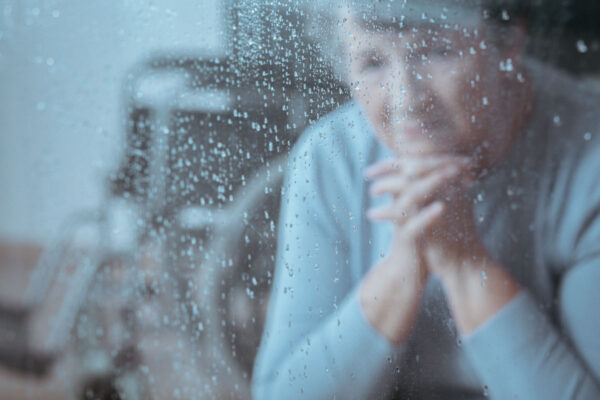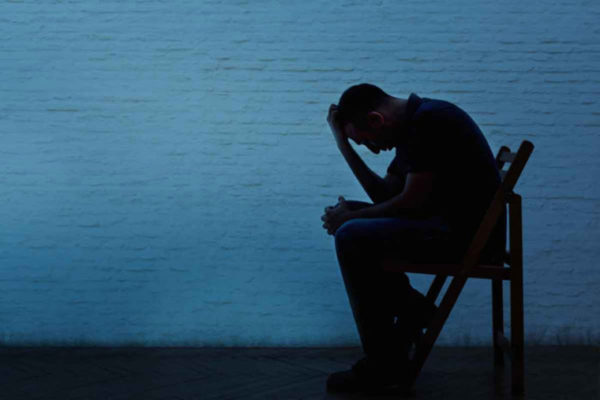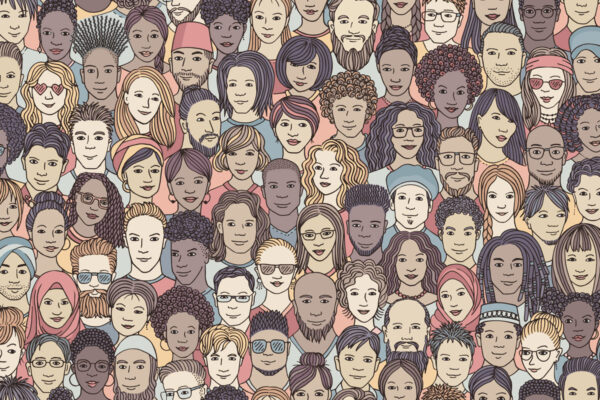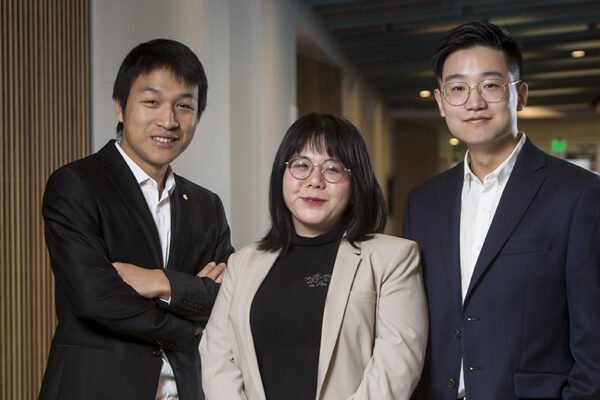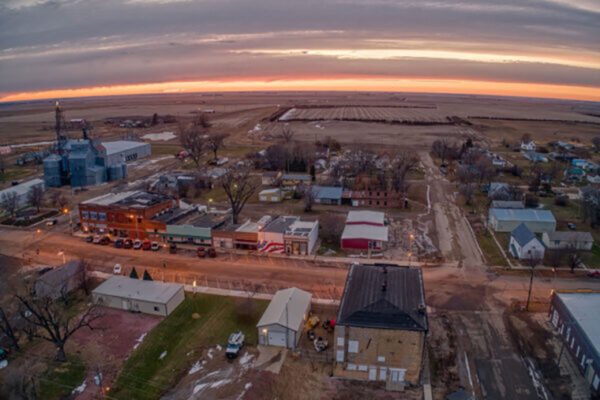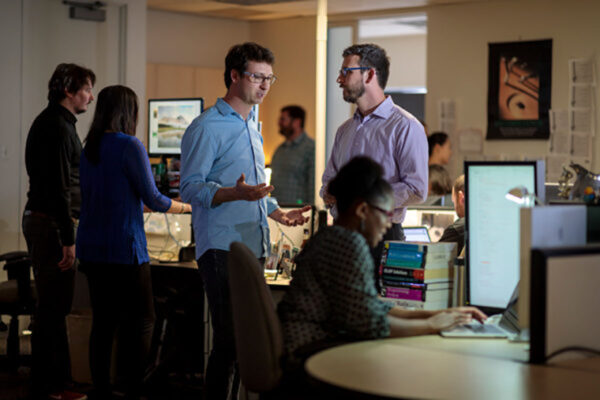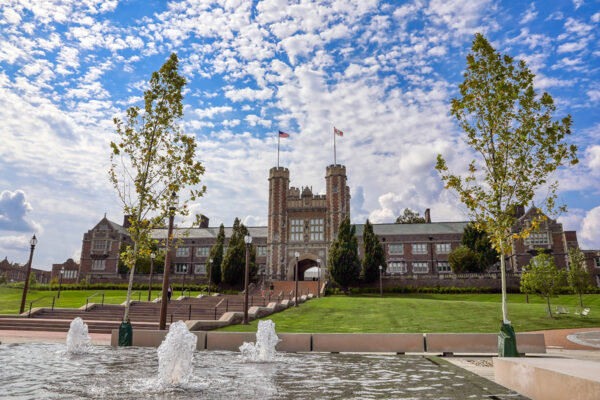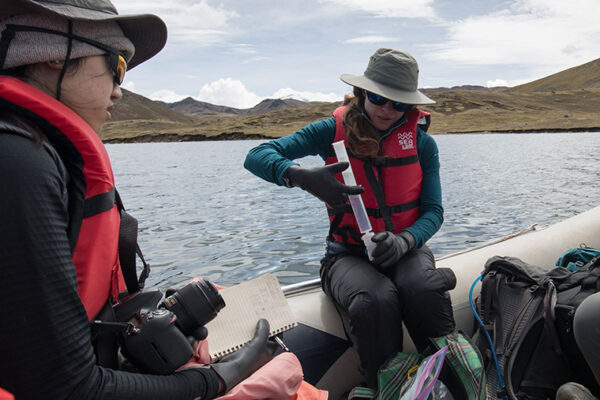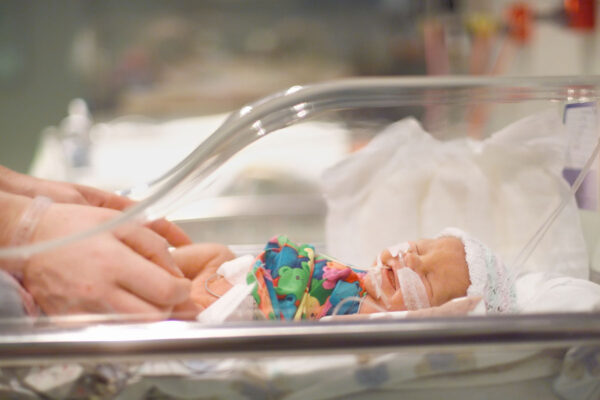Dementia patients’ adult kids diagnosed earlier than their parents
A new School of Medicine study indicates that people with dementia — whose parents also had dementia — develop symptoms an average of six years earlier than their parents.
Suicide attempts among black adolescents on the rise
While suicide attempts decreased overall among U.S. adolescents between 1991 and 2017, they increased by 73% among black adolescents, finds a new study from the Brown School at Washington University in St. Louis.
Training researchers to address mental health disparities
The National Institute on Minority Health and Health Disparities of the National Institutes of Health (NIH) has awarded researchers at Washington University in St. Louis a grant to train young scientists to recognize, investigate and work toward correcting disparities in access to mental health care in the U.S. and abroad.
New student cohort welcomed to campus
The McKelvey School of Engineering at Washington University in St. Louis recently welcomed the first cohort of students funded by a prestigious new grant from the China Scholarship Council. The three-year renewable program will enable up to six doctoral students per year to pursue research on projects in the areas of life sciences, energy and informatics involving collaborations between Washington University’s McKelvey School of Engineering and Xi’an Jiaotong University.
$7.6 million funds center to fight cancer disparities in Missouri, Illinois
A grant from the National Cancer Institute of the National Institutes of Health (NIH) will fund the Implementation Science Center for Cancer Control at Washington University. The center’s aim will be to reduce cancer disparities in Missouri and central and southern Illinois.
$3.7 million supports crowdsourced database of cancer genomics
Scientists at the School of Medicine have received a $3.7 million grant from the National Institutes of Health (NIH) to support an open-source database aimed at boosting personalized approaches to cancer treatment.
Washington University gains valuable insight into ongoing challenges of sexual assault and misconduct
Sexual assault and misconduct remain difficult problems on college campuses across the United States, according to a newly released survey of students from a sampling of the nation’s colleges and universities, including Washington University.
Climate scientist Konecky named Packard Fellow
Bronwen Konecky, assistant professor of earth and planetary sciences in Arts & Sciences, is among 22 early-career scientists and engineers across the United States honored Oct. 15 as a 2019 Packard Fellow.
Drug reduces risk of pneumonia in newborn mice
Premature infants are at high risk of developing life-threatening lung infections, partly because their lungs are underdeveloped at birth. A new study from Washington University School of Medicine in St. Louis has found, in mice, that an inhaled drug promotes the development of lung immunity and reduces the risk of pneumonia.
Words matter: Earnings call language can foreshadow credit risk
Words company officials use in quarterly earnings calls with investors and analysts can be telling. An Olin Business School researcher and co-authors conducted a detailed, machine-learning study of such earnings calls.
View More Stories
